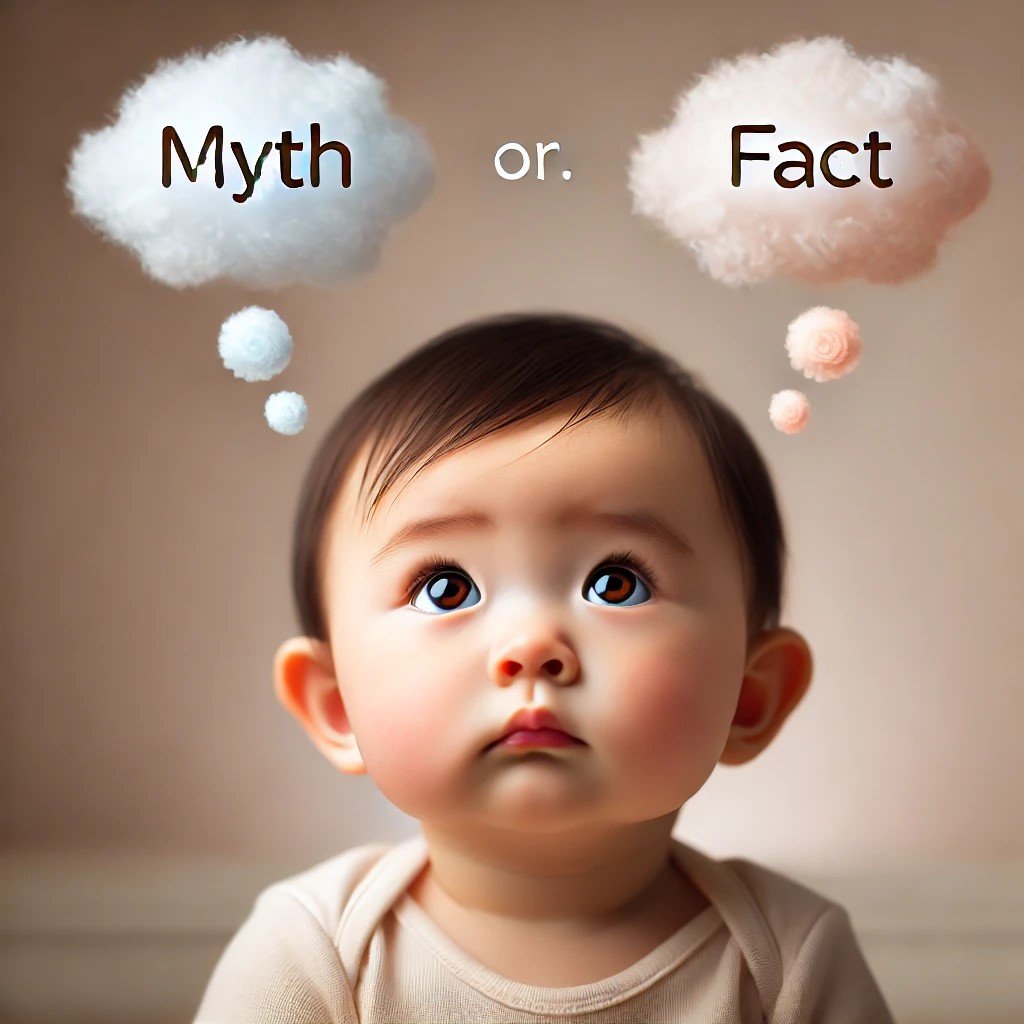Commons Myths in Mental Health
Here are six of the biggest myths about mental health
### 1. **Mental Health Issues Are Rare**
**Myth**: Only a small percentage of people suffer from mental health problems.
**Reality**: Mental health issues are common. According to the WHO, 1 in 8 people globally experience a mental disorder, and nearly everyone is affected directly or indirectly.
### 2. **Mental Illness Is a Sign of Weakness**
**Myth**: Mental health problems result from personal weakness or lack of willpower.
**Reality**: Mental illness is not a character flaw; it results from complex factors, including genetics, environment, and brain chemistry. Like physical illness, it can affect anyone.
### 3. **People with Mental Health Disorders Can’t Hold Jobs or Lead Normal Lives**
**Myth**: Mental illness prevents people from functioning normally.
**Reality**: With the right treatment and support, most people with mental health conditions can lead fulfilling, productive lives, including having successful careers and relationships.
### 4. **Therapy Is Only for People with Severe Mental Health Problems**
**Myth**: Only people with severe mental disorders benefit from therapy.
**Reality**: Therapy can be helpful for anyone, including those dealing with stress, relationship issues, or personal growth. It's not just for serious conditions. It can be used temporarily or long-term.
### 5. **Children and Teens Don’t Experience Mental Health Issues**
**Myth**: Mental health problems only affect adults.
**Reality**: Children and teens can and do experience mental health challenges, including anxiety, depression, and behavioral disorders. And at about the same percentages as adults. Early intervention is crucial for their well-being.
### 6. **You Can Just ‘Snap Out of’ Mental Illness**
**Myth**: Mental health conditions are something you can overcome by thinking positively or trying harder.
**Reality**: Mental illness requires proper treatment and support, just like physical illnesses. It’s not about willpower but finding the right professional help and coping strategies.
~~**~~Debunking these myths helps reduce the stigma around mental health and encourages people to seek help when needed~~**~~
Thank you for taking the time to read this all the way through. You have taken a very important first step. Knowledge is power
Don’t ever let fear of what other people think stop you from getting the care you deserve

